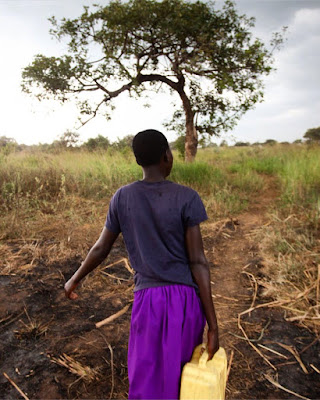Vulnerability and violence

As discussed in my previous posts, the traditional nature in which some women are expected to travel long distances to collect water subjects them to the threat of sexual harassment. 80% of households where water collection is not within close proximity to the home is carried out by women and girls ( Kayser et al. 2019 ). Furthermore, these women are threatened by sexual harassment when they are forced to openly defecate due to a lack of sanitation provisioning. This threat is heightened by cultural norms that deem it inappropriate for women to openly defecate in the presence of people or at the risk of being seen. Hence, they are obliged to do so when it is dark which is a more unpredictable and unsafe period to be alone as a woman. In this post I am going to specifically look at cases of sexual harassment arising during water collection alongside sexual harassment that occurs as a result of a lack of basic sanitation facilities. Whilst there is a variety of definitions a

